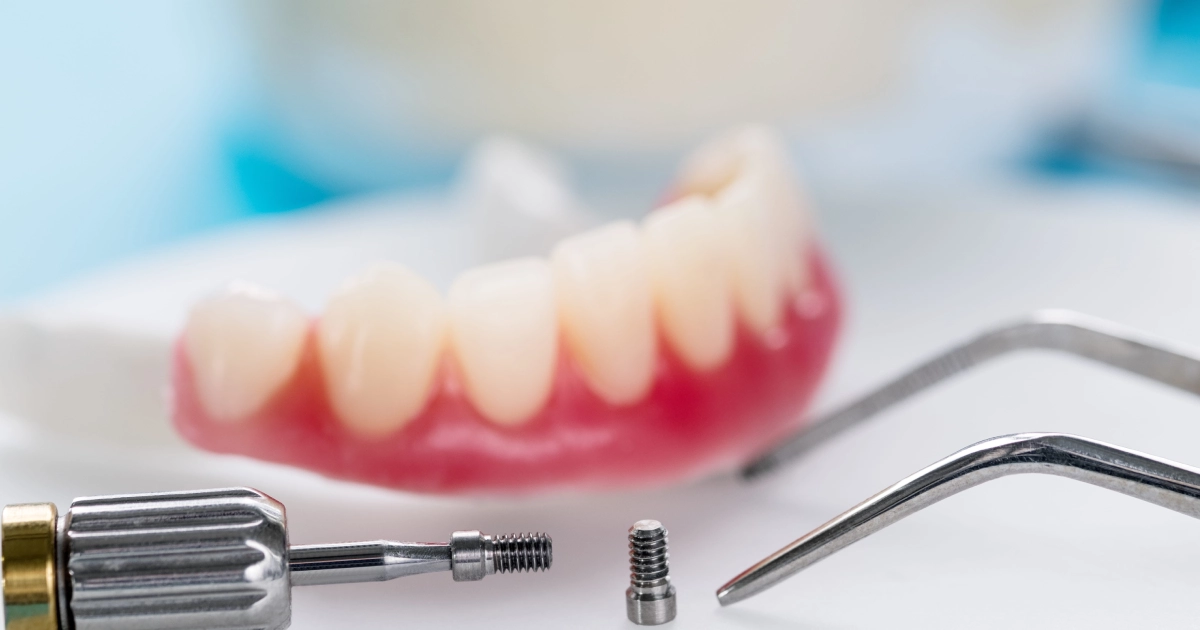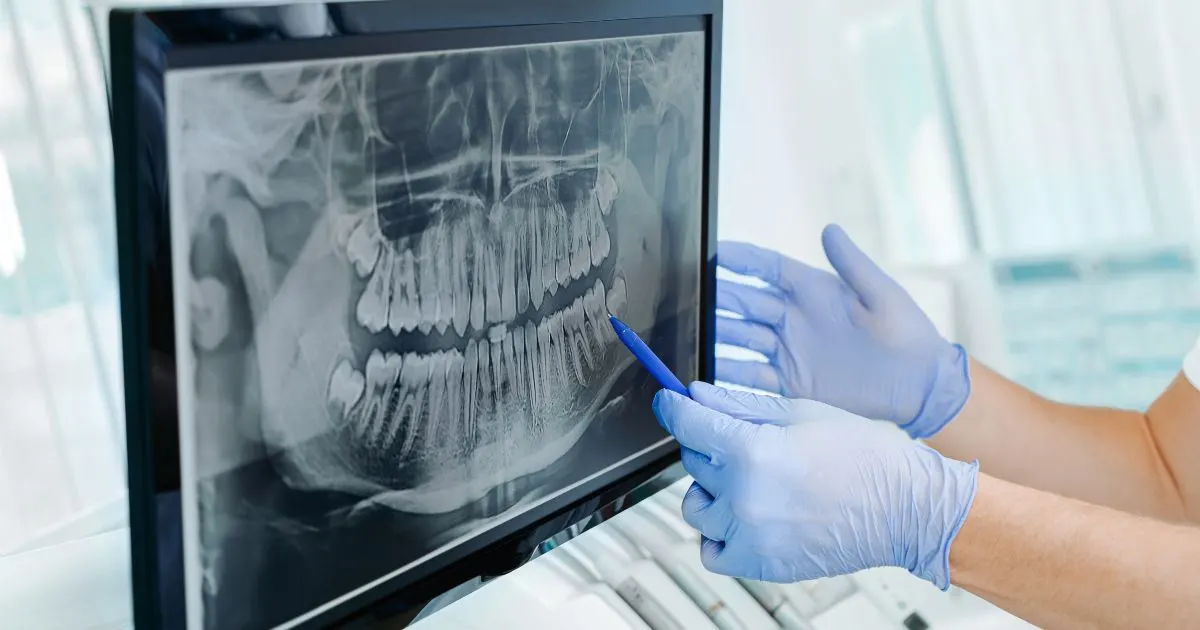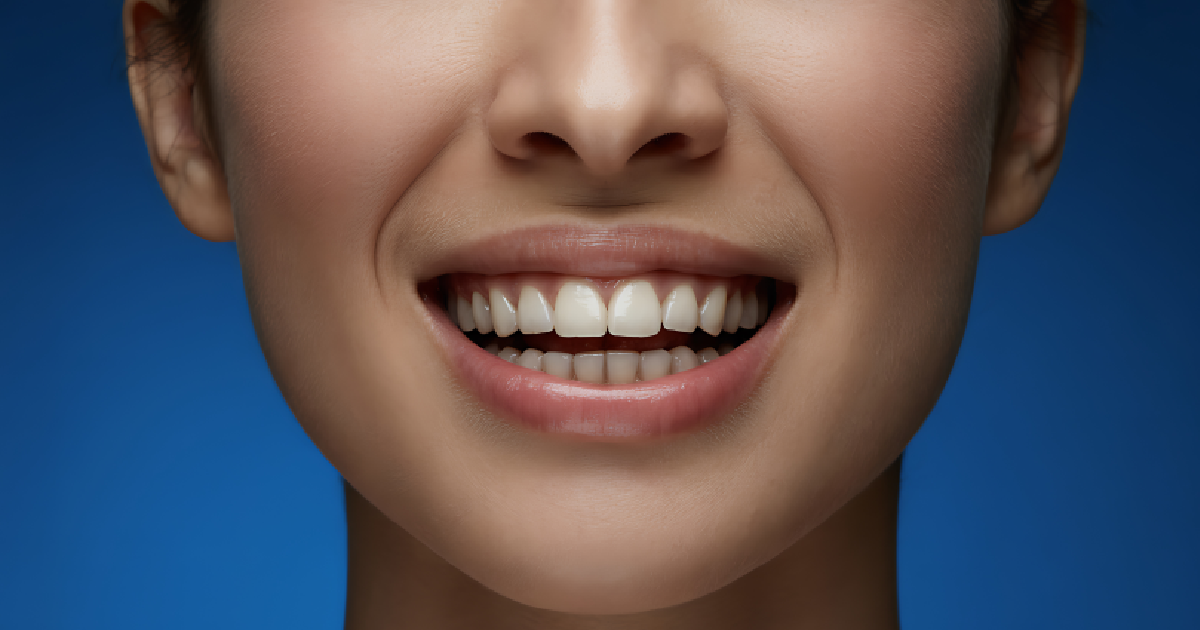Getting dentures can drastically elevate your quality of life by regaining your ability to eat, speak, and smile freely. This decision often comes after dealing with discomfort or issues related to missing teeth, making it a welcome change for many. While getting dentures might seem overwhelming, knowing that dental professionals will guide you through a structured process can help ease any apprehension. From the initial assessment to ensuring a perfect fit, each step is carefully designed to provide you with the best possible outcome. Being aware of the process ahead can give you more confidence and prepare you for what lies ahead.
Initial Consultation
The journey to getting dentures begins with an initial consultation with your dentist. During this appointment, the dentist will carry out an in-depth inspection of your mouth, gums, and any existing teeth. This assessment is crucial to determine the overall health of your mouth and to decide whether dentures are the right solution for you.
Your dentist will educate you on the various types of dentures available, such as complete or partial dentures, and help you understand which option best suits your needs. If you have questions or concerns, this is the perfect time to address them. The consultation also involves discussing your dental history, including any past procedures or issues that might affect the denture process.
Treatment Plan Development
Once the initial assessment is complete, your dentist and a clinical dental technician (CDT) will collaborate to develop a personalized treatment plan. This plan will outline the necessary steps to prepare your mouth for dentures, which may include extractions, gum treatments, or other preparatory procedures. The treatment plan also provides an estimated timeline, giving you a clear idea of what to expect in the coming weeks and months.
The type of dentures, materials used, and design will be adapted to your unique specifications and preferences. Factors such as your overall oral health, jaw structure, and lifestyle will be considered to ensure the best possible outcome.
Impressions and Measurements
Creating accurate impressions of your mouth is a critical step in the denture process. During this stage, the CDT will take preliminary impressions of your upper and lower jaws using alginate material and stock impression trays. These impressions are used to create plaster models of your mouth, which serve as the foundation for your custom dentures.
After the preliminary impressions, you will return for a second appointment to take final impressions using custom-made trays. These trays are designed to fit the exact dimensions of your mouth, ensuring a precise and comfortable fit for your dentures. This process typically takes about an hour and is essential for achieving the best possible results.
Jaw Relation Records
The CDT will record the relationship between your upper and lower jaws to ensure your dentures fit correctly and function well. This involves using a wax block to determine your jaws’ correct height and alignment. Accurate jaw relation records prevent issues such as misalignment, discomfort, and difficulty chewing.
Wax Try-In
The wax try-in stage is an exciting part of the denture process, as it gives you a preview of your new smile. During this appointment, you will try on a wax replica of your dentures, allowing you and your dentist to adjust the fit, appearance, and bite.
This is your opportunity to provide feedback on your dentures’ color, shape, and overall look. Any changes can be made at this stage to ensure you are delighted with the final result. It is important to be thorough during this appointment, as no further changes can be made once the dentures are processed into their final materials.
Final Fitting
After the wax try-in, your dentures will be processed into their final materials, typically acrylic. The final fitting appointment involves placing the completed dentures in your mouth and making any necessary adjustments to ensure a perfect fit. This step may require some back-and-forth adjustments, trimming, and polishing, so patience is key.
Your dentist will advise you on guidelines on handling for your new dentures, including cleaning routines and tips for maintaining fit and appearance. Proper care is necessary for lengthening the longevity of your dentures and keeping them comfortable and functional.
Follow-Up Visits
Follow-up visits are an integral part of the denture process. These visits allow your dentist to track your results, address any issues, and make necessary adjustments to your dentures. Regular follow-ups ensure that your dentures continue to fit well and function properly over time.
During these check-ups, your dentist will assess for any signs of irritation or soreness and make adjustments to alleviate discomfort. These appointments also serve as a chance to express any concerns or questions you may have about your dentures and their care.
Tips for Caring for Your New Dentures
Taking the appropriate care of your dentures is necessary for guaranteeing their functionality and longevity. Here are some practical tips for caring for your new dentures:
- Daily Cleaning: Always maintain your dentures consistently using a special denture cleanser. This helps clear away plaque and bacteria that can accumulate over time. Be careful when using regular toothpaste, as it can be abrasive and damage the dentures.
- Overnight Soaking: When you’re not wearing your dentures, soak them in a denture-cleaning solution. This helps keep them moist and shields them from drying out or becoming damaged.
- Proper Storage: Store your dentures in a hygienic, safe place when not in use. A dedicated denture container can protect them from damage and keep them sanitary.
- Regular Dental Visits: Continue to make appointments with your dentist periodically, even if you have no natural teeth. These check-ups are important for monitoring the fit and condition of your dentures and ensuring your overall oral health.
Adjusting to Life with Dentures
The adjustment period to dentures can linger for some time, and it’s normal to feel uncomfortable at first. Here are some tips to help you adjust:
- Start with Soft Foods: In the beginning, stick to soft foods that are easy to chew. Gradually introduce harder foods as you become more comfortable with your dentures.
- Practice Speaking: Reading aloud or speaking in front of a mirror can help you get used to speaking with your new dentures. Over time, your speech will become more natural.
- Use a Denture Adhesive: If recommended by your dentist, a denture adhesive can provide additional stability and help you feel more confident while wearing your dentures.
- Be Patient: Give yourself time to adjust. It’s normal to experience some discomfort and difficulty at first, but with practice and patience, you will become more accustomed to your dentures.
Takeaway
For those in the Oceanside, CA area, California Coast Dental Arts offers expert care and personalized denture solutions. You can count on Dr. Scott Welling to ensure a comfortable and effective fit. Whether you need complete or partial dentures, we will guide you through the process with professional and compassionate care.
Ready to take the next step? Experience the benefits of dentures with California Coast Dental Arts. Contact us for your consultation today to start your journey towards a healthier, more confident smile.






